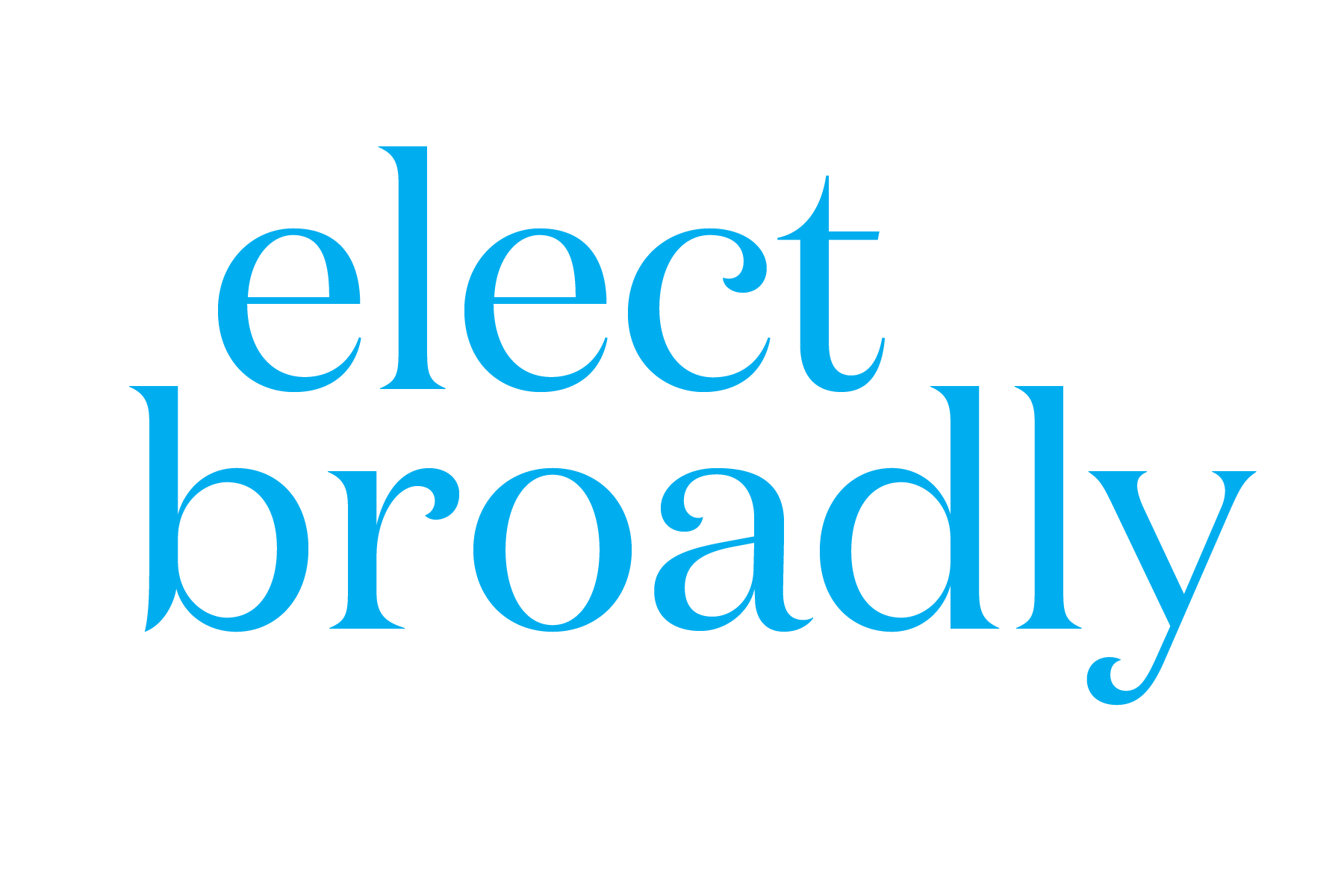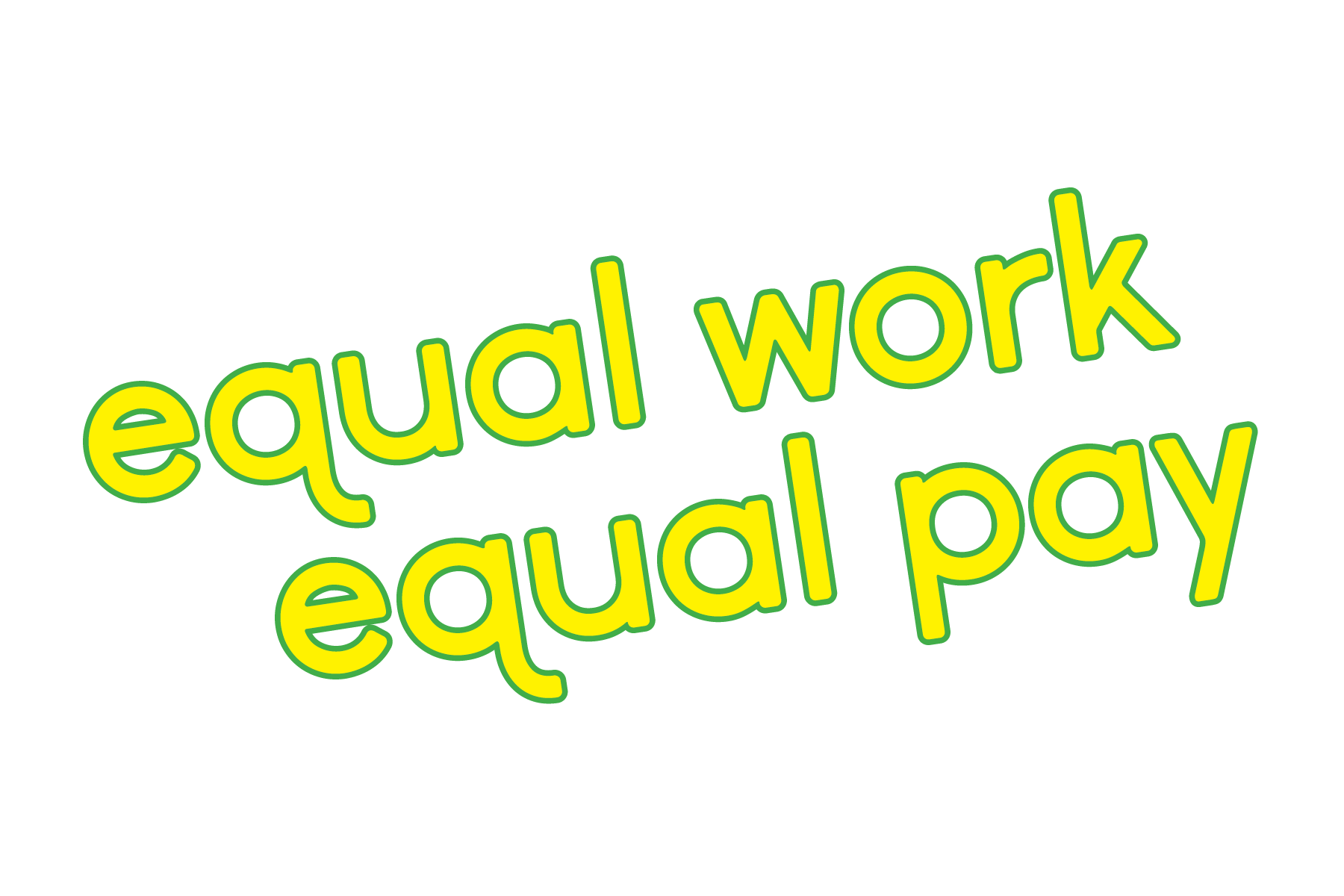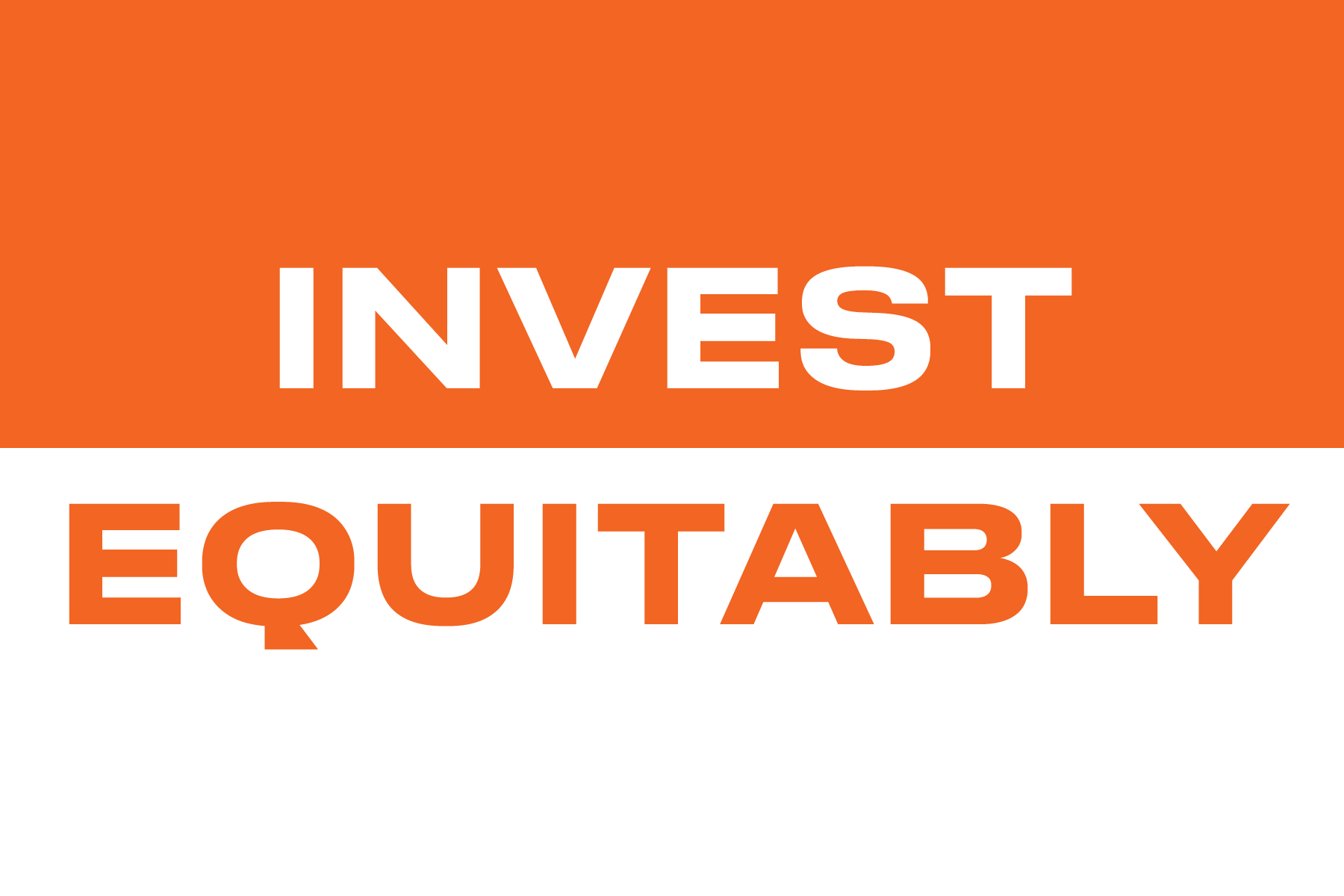The genEquality Activations
Our 10 Activations are beliefs and behaviors to advance equality and inclusion.
The activations are all backed by research, and phrased in a way that hopefully prompts people to ask “what does that mean?” We want to inspire curiosity, conversation, and engagement around these issues and ideas.
Everyone has the power to put these activations into practice.
By practicing these activations, we collectively make progress towards a more perfect equality.
Actions Inform Culture
Statistics show that in the United States, 1 out of every 6 women and 1 out of every 33 men have been the victim of a sexual assault. 21% of transgender, gender-queer, and non-conforming college students have been the victim of a sexual assault. 80% of the victims know their assailant. Research shows that 90% of sexual assaults are committed by repeat offenders, and statistics show that 99% of them will get away with it.
Rape and sexual assault exist along a spectrum of behavior and thinking that minimizes and objectifies people, particularly women—this phenomenon is known as “rape culture.” Underlying cultural beliefs and attitudes about sex, gender, and power enable rape and sexual violence to occur. For example, the belief that a victim is “asking” to be raped by dressing in a certain manner is a myth that unjustly places blame on victims, excuses criminal behavior, and permits sexual violence to continue unchecked.
Luckily, culture can also generate the solution to such violence. Our culture is informed by our actions. Peer groups are a powerful influencer of behaviors, particularly among adolescent boys and men, so every person’s example does matter. As a bystander, step in if you see something happening—whether it is an unwanted advance or an inappropriate comment. If you see something going awry, say something. Only by adjusting our actions can we change our culture.
Help us spread the message, together:
Want to collaborate on a Nudge Art project inspired by Actions Inform Culture? Send us an email.
Want to wear your beliefs? Get your Actions Inform Culture Nudge Tee now.
Associated Shades of Equality: Never Justified Green
Clean Humor
Sexism, racism, homophobia, bigotry…they’re just not funny. Yet humor and jokes are often made at the expense of minority or marginalized groups, and they ultimately are drivers of ostracism, discrimination, and trivialization.
Humor can elevate, or it can devastate. The ability to make others smile and laugh is both powerful and precious. Humor has been shown to be an effective management tool in group professional settings. In contrast, other types of derogatory humor can have the effect of reinforcing group boundaries. A derogatory joke may seem harmless, but it often has a lasting negative effect on others.
Use humor for good; lift with laughter. Don’t try to be funny at the expense of others’ identity. Remember that “locker room” talk is not acceptable anywhere, even in locker rooms. Call out jokes that are derogatory towards women and minorities.
Help us spread the message, together:
Want to collaborate on a Nudge Art project inspired by Clean Humor? Send us an email.
Want to wear your beliefs? Get your Clean Humor Nudge Tee or Nudge Onesie now.
Associated Shades of Equality: Not Funny Violet
Elect Broadly
Women hold 23.2% of seats in the House of Representatives and 26% of seats in the Senate. Researchers estimate that, at the present rate of progress, it will take 208 years for the United States to close its gender gap.
We believe that democracy is at its best when everyone participates. Government is at its best when it is truly representative of the people. For example, in a study of municipalities headed by women, the presence of a female mayor was a significant factor in changing employment representation.
There are nuanced approaches to solving the systemic barriers that women and people of color face in getting nominated for public office and conducting successful campaigns, including the election system itself (female candidates fare better under proportional representation systems); lack of access to financing; weaker professional networks; and outside responsibilities that make it harder to take on fulltime political campaigning.
The Inter-Parliamentary Union publishes an annual ranking of countries by gender parity in political representation; as of 2019, the United States ranks 76 out of 193 countries. Let’s fix this.
When it comes to political representation, citizens have significant power to create change. The best things we can do are to donate, volunteer, and vote. When we get out the vote, we win. Let’s change the face of government.
Help us spread the message, together:
Want to collaborate on a Nudge Art project inspired by Elect Broadly? Send us an email.
Want to wear your beliefs? Get your Elect Broadly Nudge Tee or Nudge Onesie now.
Associated Shades of Equality: Head of State Mauve, Representative Red, Parliament Yellow
Equal Work Equal Pay
If two people are doing work of equal value, they should receive equal pay for that work. Any deviation from this principle on the basis of gender (or race, ethnicity, age, any other factor) is simply wrong. Yet, in most countries, a gender wage gap exists between men and women.
There are numerous culprits to the gender wage gap: women are overrepresented in low-paying jobs; women are underrepresented in senior positions; in many countries, men are more likely to own land and control other assets; women often have little control over household financial decisionmaking; and women may experience work interruptions due to motherhood—the so-called, “motherhood penalty.”
The data shows that women continue to be paid less for the same work or work of equal value, a disparity that can ultimately be attributed to biased practices, policies, and people.
What can we do? Transparency in compensation is critical. Create and stick to compensation bands. Most importantly, speak up – on behalf of yourself and/or others.
genEquality is a proud member of the Equal Pay International Coalition (EPIC).
Help us spread the message, together:
Want to collaborate on a Nudge Art project inspired by Equal Work Equal Pay? Send us an email.
Want to wear your beliefs? Get your Equal Work Equal Pay Nudge Tee or Nudge Onesie now.
Associated Shades of Equality: Wage Gap White, Wage Gap Green, Wage Gap Wine, Pay Parity Black
Greet Neutrally
Greetings are critical aspects of social interactions. Linguistic scholars have observed that greetings “establish[] the conditions of social encounters.” Research shows that gendered greetings lead to prejudice and bias among children. The common “hey guys!” is evidence of masculine default bias among adults. In drawing attention to gender, the greeter unconsciously plants the seeds for stereotypes and potential exclusion.
Gender is the only identity we use in greeting others. It’s already considered inappropriate to use race or ethnicity in greetings; why gender? Adapting our language is a key element of creating a more inclusive world. Let’s use language to highlight unity instead of difference and show respect to all.
Here are a few easy suggestions to implement at work. Instead of walking into the office and greeting your colleagues with “Hey, guys,” say “Hey, team.” Instead of opening a work meeting with “Good morning, ladies & gentlemen” use “Good morning, everyone.” There are resources available if you’re interested in research on the negative impact of gendered language. These are all small and easy fixes with big long-term implications.
If you’re looking for something to help you develop this good habit...there’s an app for it! As part of the inaugural genEquality Hackathon, we developed Not Just Guys, a Chrome extension that highlights and helps correct for masculine default bias in written communications. Download it today!
Language matters. Help us spread the message, together:
Want to collaborate on a Nudge Art project inspired by Greet Neutrally? Send us an email.
Want to wear your beliefs? Get your Greet Neutrally Nudge Tee or Nudge Onesie now.
Associated Shades of Equality: Interruption Blue, Voice Decibel Orange, Screen Time Peach
Download and use Not Just Guys.
Invest Equitably
Whether in business, education, politics, sports, or beyond, investments must be made with equality and equity in mind.
In business, as of 2019, women-led companies received ~2.2% of total venture capital funding - a number that has stalled for years.
In education, secondary education for girls is severely underfunded globally, and yet data shows that providing girls with education has transformational benefits not just for them, but also for their communities and countries.
In politics, female candidates have historically raised significantly less than male candidates. In the United States, the 2018 midterms cycle marked the first time that female candidates raised more than male candidates, which data shows is directly attributed to an expansion of the female donor universe.
In sports, women’s and girl’s sports programs are dramatically underfunded around the world - and yet these programs have exponential benefits both on and off the field for everyone, including men, women, girls, and boys.
We all benefit when we invest equitably. Help us spread the message, together:
Want to collaborate on a Nudge Art project inspired by Invest Equitably? Send us an email.
Want to wear your values? Get your Invest Equitably Nudge Tee or Nudge Onesie now.
Associated Shades of Equality: Business Owner Granite, C-Suite Blue, Head of State Mauve, Representative Red, Parliament Yellow, Literacy Blue
Mind the Adjective
Adjectives can reinforce gender stereotypes, and they can represent unconscious bias. Stereotypes and bias lead to uneven gender ratios and representation in government, work, and more.
One academic theory, known as social role theory, argues that gender roles are sourced in the specific social roles occupied by men and women. “According to the theory, society perceived men to be agentic – dominant, assertive, competent, and competitive – while women are perceived to be communal – un-selfish, friendly, emotional, and caring.” When women show stereotypically-masculine leadership traits, they are described as abrasive, aggressive, bossy, crazy, or stubborn. When men show stereotypically-feminine emotional traits, they are described as weak, wus, pansy, or pussy.
The language we use to describe one another - at work, home, school, or any other social setting - has far bigger implications than we may realize. Biased language, especially adjectives, adversely affect women at work, kids on the playground, and men in their peer groups. Research shows that 1 in 5 kids experience bullying for their gender, and this leads to mental health issues, educational performance disparities, and other problems. When we think about the fact that the number of women in the C-Suite has hardly changed in ~30 years, perhaps we should take a look at some of the basics - starting with the language used to evaluate women who are up for promotion. Research reviews of performance evaluations show a propensity for gendered bias in language used - and performance evaluations have a direct effect on the advancement of women’s careers.
The old adage “Think twice before you speak” is a great way to make a difference in advancing equality. Avoid using stereotypical adjectives – especially in the workplace and in performance evaluations. If you hear these adjectives used in a casual conversation, kindly say something.
Words matter. Help us spread the message, together:
Want to collaborate on a Nudge Art project inspired by Mind The Adjective? Send us an email.
Want to wear your values? Get your Mind The Adjective Nudge Tee or Nudge Onesie now.
Associated Shades of Equality: “Abrasive” Pink
Represent
Proudly represent ALL of who you are.
You are not defined by the stereotypes of your gender, race, class, age, sexual orientation, religion, ability, or circumstance. You know that women thrive outside the bounds of limiting characterizations. You reject the antiquated definition of masculinity. You recognize the rights of gender non-conforming people.
Your lived experiences point to a broader narrative. You are a complex human being and capable of the full range of human possibilities. You defy narratives that would shrink you. You represent your truth and make space for others to represent theirs. You reach across differences to achieve your full human potential, and help others do the same.
We all benefit when we feel empowered to Represent our full selves. Help us spread the message:
Want to collaborate on a Nudge Art project inspired by Represent? Send us an email.
Want to wear your values? Get your Represent Nudge Tee or Nudge Onesie now.
Associated Shades of Equality: Equality Purple
Seeing Is Believing
From the characters and people we see in films and the media, to the portraits and statues we see at school, at work, in public parks and streets, and at museums, to the stock images and people we see in corporate and government leadership positions – what we see influences our beliefs, attitudes, and goals.
Role models and representation really matter.
Ratios and representatives don’t change on their own; we change them. When you see uneven gender representation somewhere, speak up. Talk to your school administrators, leaders at work, and/or local government. Send feedback to media companies. Run for office. Vote.
Help us spread the message:
Want to collaborate on a Nudge Art project inspired by Seeing Is Believing? Send us an email.
Want to wear your values? Get your Seeing Is Believing Nudge Tee or Nudge Onesie now.
Associated Shades of Equality: Screen Time Peach, C-Suite Blue, Board Director Jade, Executive Gray, Equality Purple, Parliament Yellow, Representative Red, Head of State Mauve
Share the Work
Every day, in every part of the world, women spend more time on unpaid work than men do. According to one study, in North America, women do an average of 2 hours more unpaid work; in the Middle East/North Africa, women do ~7 hours more unpaid work.
Unpaid work includes household chores, caregiving for children and elders, helping children with schoolwork, and more.
Sharing the work empowers everyone to add value and income, sets a strong example for children, and ends the gender inequality cycle
We can all share the work and share the care. Help us spread the message:
Want to collaborate on a Nudge Art project inspired by Share The Work? Send us an email.
Want to wear your values? Get your Share The Work Nudge Tee or Nudge Onesie now.
Associated Shades of Equality: Share The Work Teal










